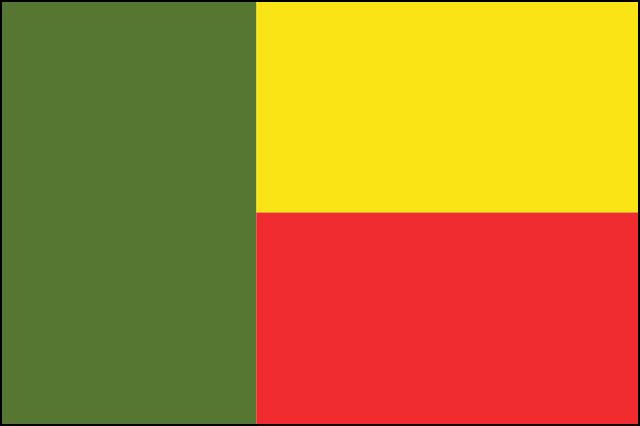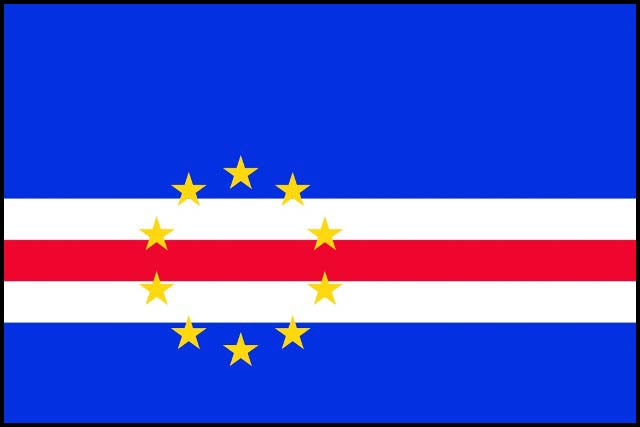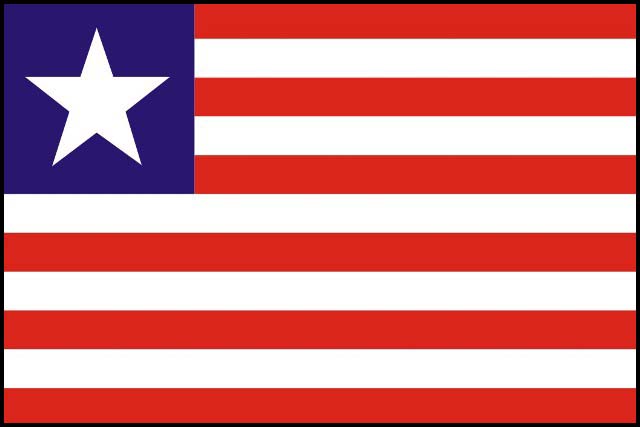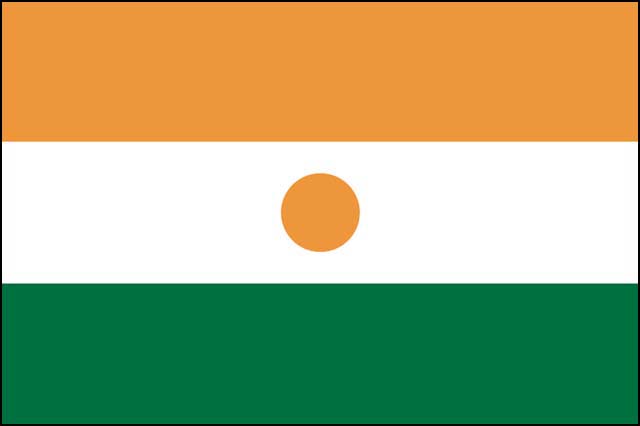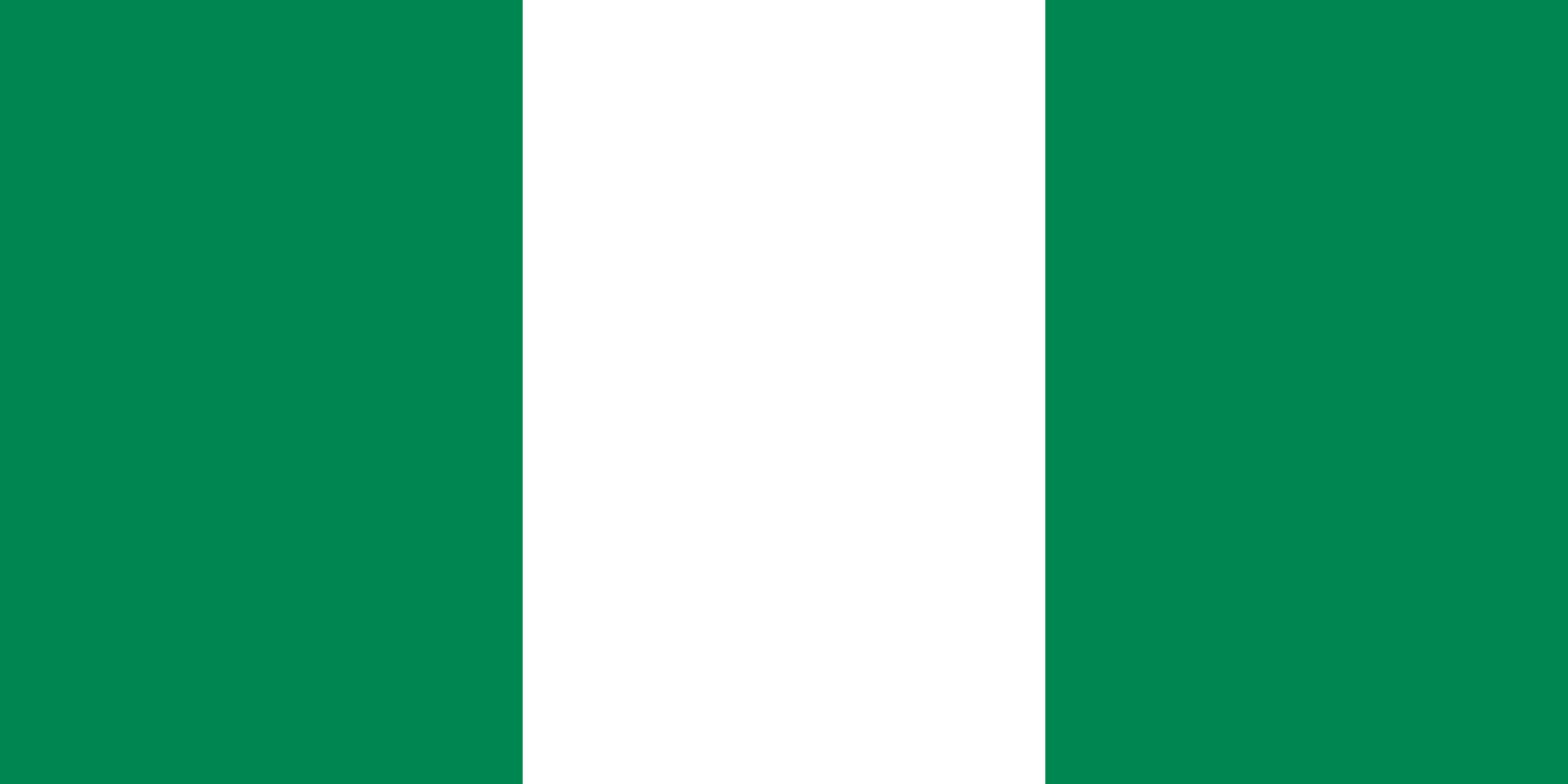Building the ECOWAS Commission's "Climate Donors Group": Coordinating regional and international donors to ensure that financing meets with the climate change challenge in West Africa
By Admin / 1 year, 4 months agoThe ECOWAS Commission organised today a meeting with its main technical and financial partners, with the goal of strengthening the mobilisation of climate financing, for the implementation of the ECOWAS Regional Climate Strategy up to 2030. An important milestone was thus reached, marking the willingness of donors to better coordinate their commitments at regional scale.
West Africa mobilised to tackle the climate emergency
Climate change is a critical issue for Africa. Although the African continent is the world lowest emitter of greenhouse gases, it is suffering the most severe impacts. In West Africa, the rise in temperature is 1.5 times higher than on global scale. Taking action on climate change at the West African regional level is essential, as it involves dealing with cross-border impacts. Coordinated action and solidarity between ECOWAS member States are therefore key to effective and sustainable climate action. This is why the ECOWAS Commission has strengthened its intervention framework with the adoption of its first Regional Climate Strategy in 2022, constituting a coherent framework to meet the challenge of climate change in the medium and long term (horizons 2030 and 2050) through which ECOWAS acts alongside and in support of member States to achieve the objectives of the Paris Climate Agreement.
The urgent need to increase financial flows dedicated to climate action
Implementing the climate commitments of the fifteen ECOWAS member States (via Nationally Determined Contributions (NDCs) under the Paris Agreement) represents a colossal investment effort of the order of 294 billion USD between now and 2030, a significant part of which will have to be mobilised by the international Community under the Paris Agreement financial mechanism. Regional solidarity is therefore essential to counter certain imbalances in the orientation of these investment flows, to better target for example the challenges of adapting to the impacts of climate change in the region's most vulnerable countries.
With this in mind, the ECOWAS Commission has been mapping multilateral climate finance flows to the CILSS-ECOWAS region since 2020, as an advocacy and decision-making tool. The formulation of regional multi-country projects for financing by the Green Climate Fund (GCF), or the accreditation of the ECOWAS Bank for Investment and Development (EBID) to the GCF, are also among the actions likely to create an environment conducive to broader climate action.
In parallel, ECOWAS adopted its first Regional Climate Strategy (RCS) in 2022, (mitigation, adaptation and cross-cutting actions) integrating all sectors covered by the ECOWAS mandate. The RCS is accompanied by a 2022-2030 action plan, whose implementation between now and 2030 relies on the mobilisation of 126.6 million USD on a regional scale, in addition to the financial needs expressed by the countries.
All these initiatives were supported by the GCCA+ West Africa project, funded by the European Union and implemented by Expertise France under the political leadership of ECOWAS.
Creating an enabling environment and the synergies needed to finance climate action
The RCS provides for the creation of a Climate Donors Group bringing together all the ECOWAS Commission's donors, across all sectors, with the aim of increasing the volume of climate financing at regional level, gradually making all regional development aid programs compatible with the Paris Climate Agreement and aligning the actions of the Commission's various technical and financial partners with the objectives of the RCS.
The Climate Donors Group, approved at the meeting, creates a favourable environment for increasing volumes of climate financing by systematising interactions and information exchanges, exploring opportunities for joint climate programmes between several technical and financial partners to exploit synergies, and strengthening the strategic monitoring of climate financing at regional level.
With this initiative, the ECOWAS Commission is continuing its efforts to structure climate action at regional level.
Donors out in force at first Climate Donors Group Meeting
The success of the Climate Donors Group will depend in part on the mutual trust built up and the political will of the donors gathered to get involved in this coordination effort. The high level of participation and ambitions expressed at the launch meeting show the true interest of stakeholders.
The European Union and Expertise France, who respectively financed and implemented the GCCA+ AO regional project under the political leadership of ECOWAS, were naturally present at this meeting, alongside the following institutions: ECOWAS Bank for Investment and Development (EBID), African Development Bank (AfDB), Arab Bank for Economic Development in Africa (BADEA), World Meteorological Organization (WMO), West African Economic and Monetary Union (UEMOA), West African Development Bank (BOAD), Comité inter-Etats de lutte contre la sécheresse au Sahel (CILSS), Agence française de Développement (AFD), Food and Agriculture Organization of the United Nations (FAO), United States Agency of International Development (USAID), GIZ and KfW, AECID, World Bank, Swedish International Development Cooperation Agency (SIDA), Swiss Cooperation.
This meeting, marking the announcement of the forthcoming creation of the Climate Donors Group, and a call for funds to implement the ECOWAS Regional Climate Strategy, enables the ECOWAS Commission to prepare its contribution to the Summit for a new global financial pact: towards more commitments to achieve the 2030 Agenda, to be held in Paris on June 22 and 23, 2023, the 2030 horizon also being that of the first ECOWAS RCS action plan.
